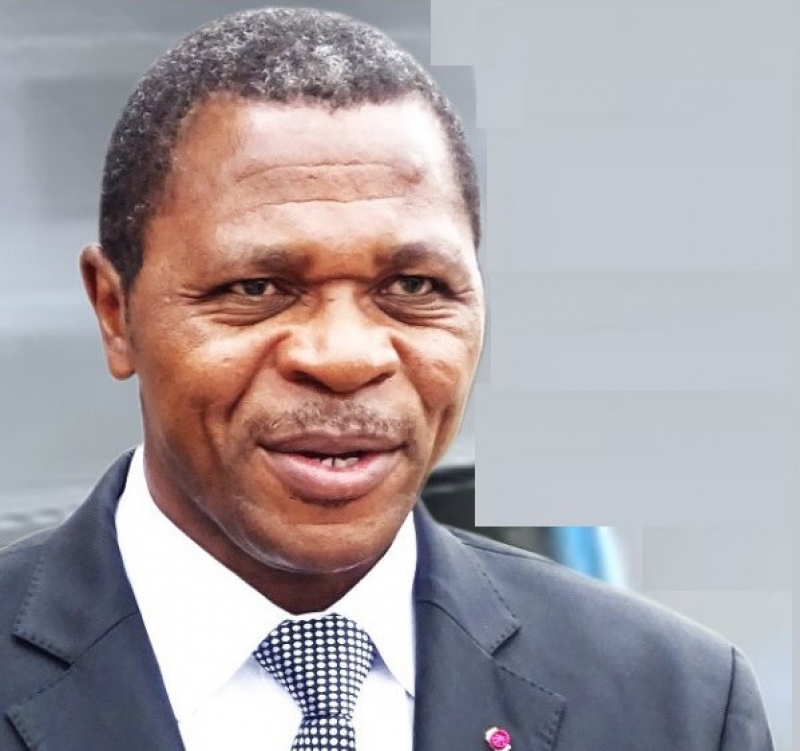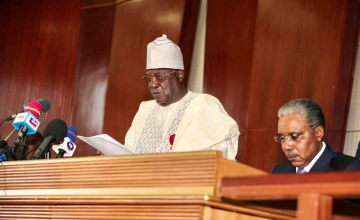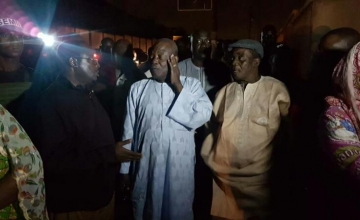
The Minister was speaking recently in Buea while addressing humanitarian partners involved in providing succour to victims of the socio-political crisis in Cameroon’s North West and South West Regions.
“At times, they will come and give you a piece of information. But it is always important to check and cross check. The moment you send out raw information without verification and it backfires, and it happens that what you sent out was not the right information. Whether you like it or not, you are reducing the credibility of your organisation,” Atanga Nji said.
He regretted that some human rights organisations operate like businesses and as such fail to verify information before they publish.
Hear him: “It is very important to keep the standards. You see International Crisis Group and Human Rights Watch, those are business organisations. You know that the amount of money they receive depends on the kind of information they send out. So, the more they hammer that things are not done properly, the more finances they receive. You have to be careful. So, those working for Human Rights Watch and International Crisis Group have to be very careful because they don’t have a very good record.
“We have seen them in other countries; we have seen what they have done. So, if you are their local representative in Cameroon, you must change your way of working. Just give the right information. Those NGOs, they work because they are being paid. They have to be paid for what they do and at times they are paid for jobs which they have not even done.
“But we want our partners to share information with us because by the time you receive information, by the time you come to us to give you some explanations, you’ll realise that at times, there is a lot of disparity between the information you have received and the reality on the field.
“So, it is always important to crosscheck. You must verify, verify time and again before you send out your information because at the end of the day, we should not be playing the game of contradictions.
“We say it over and over again that we have 152,000 IDPs. We can prove 1,000 times that we have 152,000 IDPs because the governors are there and we have records and things like that.
“So if you tell us that we have 500,000 IDPs, we don’t know where you’ll keep 500,000 IDPs. One thing you should realise in Cameroon is that we have organised our things in such a way that IDPs are living in families. We don’t have people on the streets. We don’t have people staying in warehouses. We try as much as possible to assist them. So now that we have built this partnership which is a good partnership, we just pray that things will move for the better.
“And I still insist, the governor said it and I want to emphasize on it. Don’t be afraid. If you need clarification, go to the governor. If the Governor is very busy, he will send you to the Senior Divisional Officer and if he is very busy, you’ll go to the Divisional Officer. And by the time you meet all these stakeholders, you will come out with a report which is not bias. We don’t want a report which is bias.
“As Ms Allegra Baiocchi, Resident Coordinator of the UN system and Humanitarian Coordinator in Cameroon said, you are impartial and neutral, and neutrality has a lot to do with equity. Equity is the sense of putting in place the right information. And the information should go to those who matter. You know, there is a saying in life that when you solve a problem by using the wrong means, you create another problem.
“I am happy to see that most of the structures are here. I’ll ask the local authorities of the centre to do me a favour. In the next seven days, I’ll like to have a clear picture of all the NGOs working here. They should meet and discuss with the authorities from time to time.”














